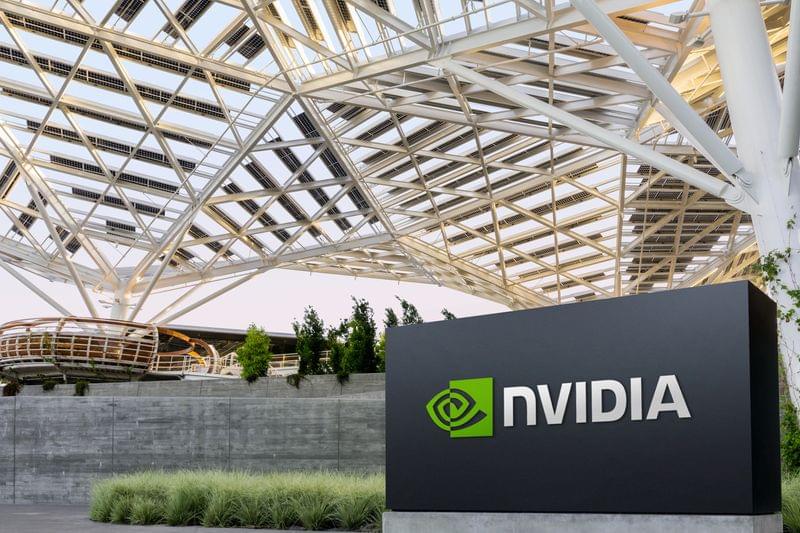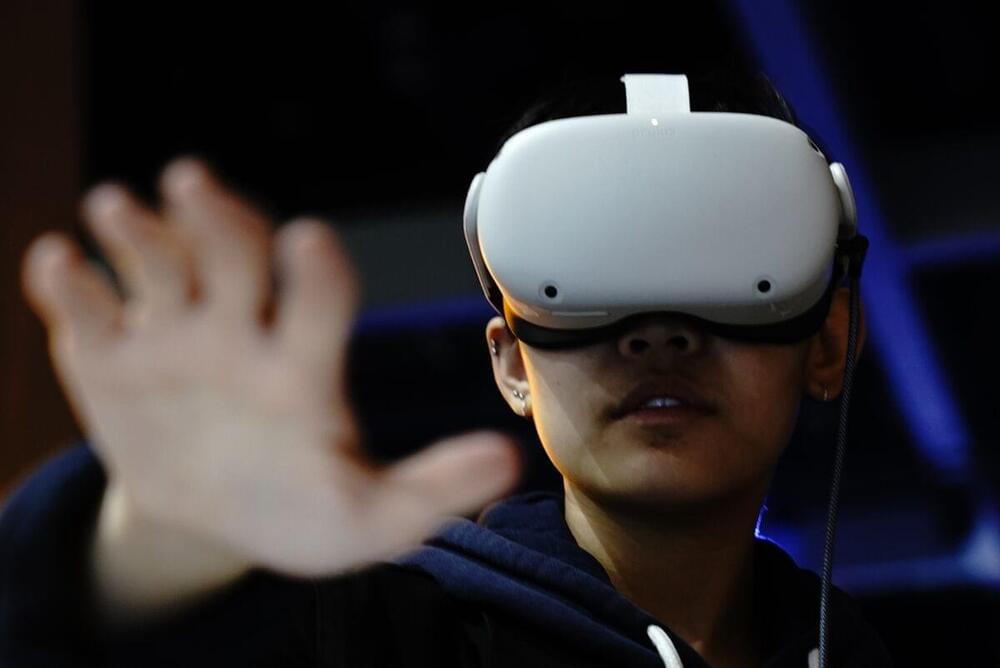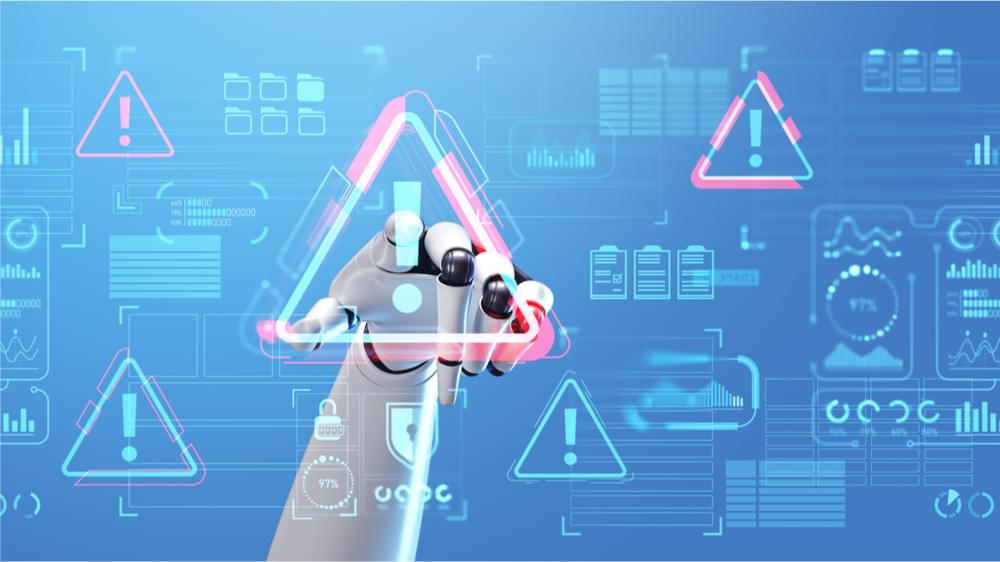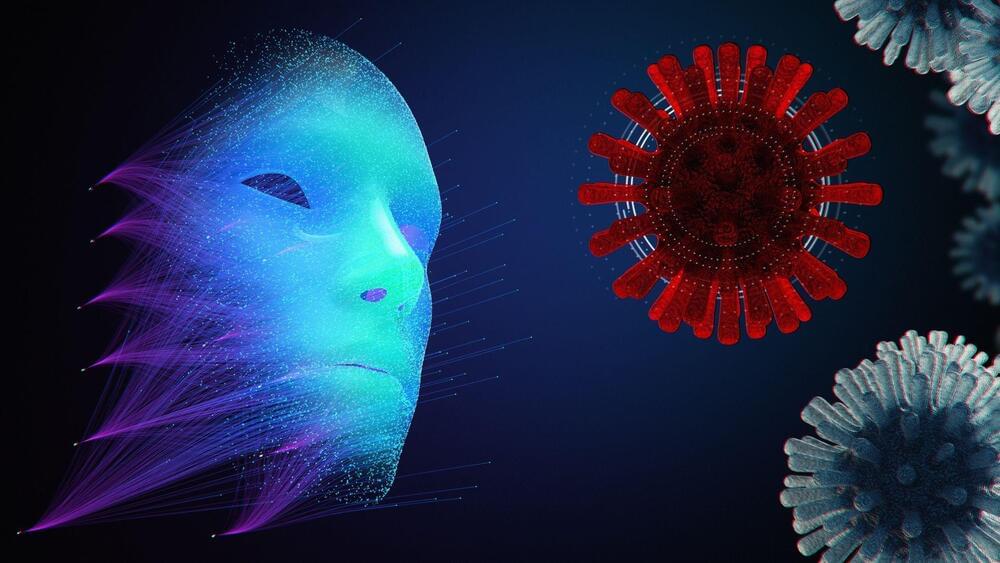The Chinese groups had also purchased a further $4 billion worth of graphics processing units to be delivered in 2024, according to the report.
A Nvidia spokesperson would not elaborate on the report but said that consumer internet companies… More.
(Reuters)-China’s internet giants are rushing to acquire high-performance Nvidia chips vital for building generative artificial intelligence systems, making orders worth $5 billion, the Financial Times reported on Wednesday. Baidu, TikTok-owner ByteDance, Tencent and Alibaba have made orders worth $1 billion to acquire about 100,000 A800 processors from the U.S. chipmaker to be delivered this year, the FT reported, citing multiple people familiar with the matter. A Nvidia spokesperson would not elaborate on the report but said that consumer internet companies and cloud providers invest billions of dollars on data center components every year, often placing orders many months in advance.








